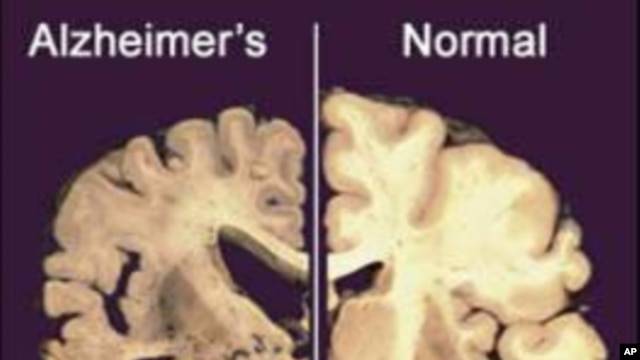- Sep 2, 2008
- 33,178
- 3,055
- 48
New gene therapy may ?fix memory problems in Alzheimer patients?
Well hopefully this is an awesome step forward.
Scientists at the Gladstone Institute of Neurological Disease (GIND) in San Francisco have discovered a new gene therapy that successfully fixed memory problems in mice with Alzheimers disease (AD).
Learning and memory requires communication between brain cells called neurons. This communication involves the release of chemicals from neurons that stimulate cell surface receptors on other neurons.
This important process, called neurotransmission, is impaired by amyloid proteins, which build up to abnormally high levels in brains of AD patients and are widely thought to cause the disease.
What we were most curious about, of course, was whether normalizing EphB2 levels could fix memory problems caused by amyloid proteins. We were absolutely thrilled to discover that it did, said Lennart Mucke, director of the GIND.
Well hopefully this is an awesome step forward.




